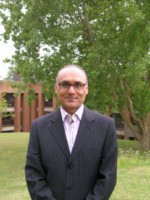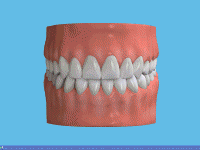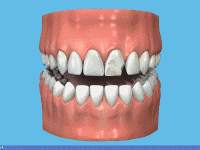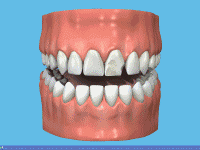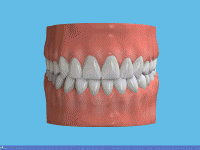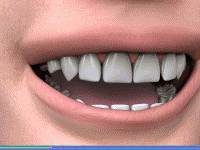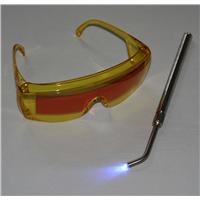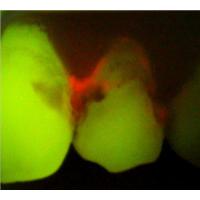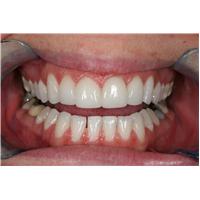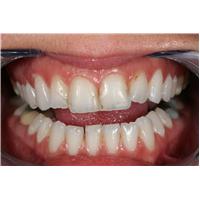London: Multiple exposures to dental x-rays may be associated with increased risk of developing thyroid cancer, according to new research.
A collaborative study by scientists from Brighton, Cambridge, and Kuwait showed that the risk of thyroid cancer increased with increasing number of dental x-rays taken.
About 1900 new cases of thyroid cancer are diagnosed each year in Great Britain and the incidence rates more than doubled from 1.4 to 2.9 per 100,000 persons between 1975 and 2006. Increasing use of sensitive diagnostic techniques is not considered to account for all this increase and the researchers believe other causes need investigation.
The research team was led by Dr Anjum Memon (pictured), senior lecturer and consultant in public health medicine at Brighton and Sussex Medical School, a partnership between Brighton and Sussex universities, and NHS Brighton and Hove.
The thyroid gland is situated in the neck, and will be exposed to radiation from many dental x-rays. It is known to be highly sensitive to ionising radiation, particularly in children, and dental radiography, a source of low-dose diagnostic radiation, is often overlooked as a potential hazard to the gland.
The researchers studied 313 thyroid cancer patients in Kuwait where dental treatment is free and where the incidence of thyroid cancer is relatively high compared to Britain. They said the results of their study, although the largest case-control study on the subject, should be treated with caution because the data were necessarily based on self-reporting by the participants. Comprehensive historical dental x-ray records were not available from the clinics.
They said the results provide good evidence to warrant more research in settings where historical dental x-ray records are available and where doses of radiation can be estimated.
Dr Memon said the findings were consistent with previous reports of increased risk of thyroid cancer in dentists, dental assistants, and x-ray workers which suggest that multiple low-dose exposures in adults may also be important. He said dental x-rays have also been associated with an increased risk of brain and salivary gland tumours.
He said: The public health and clinical implications of these findings are particularly relevant in the light of increases in the incidence of thyroid cancer in many countries over the past 30 years.
It is important that our study is repeated with information from dental records including frequency of x-rays, age and dose at exposure. If the results are confirmed then the use of x-rays as a necessary part of evaluation for new patients, and routine periodic dental radiography (at 612 months interval), particularly for children and adolescents, will need to be reconsidered, as will a greater use of lead collar protection.
He added: Our study highlights the concern that like chest (or other upper-body) x-rays, dental x-rays should be prescribed when the patient has a specific clinical need, and not as part of routine check-up or when registering with a dentist.
He concluded: The notion that low-dose radiation exposure through dental radiography is absolutely safe needs to be investigated further, as although the individual risk, particularly with modern equipment is likely to be very low, the proportion of the population exposed is high.
The research team, whose findings have been published in Acta Oncologica, 2010; 49:447-453, called for further studies using dental X-ray records.
The research was funded by the Kuwait Foundation for the Advancement of Sciences (KFAS) and was administered by the Kuwait University Research Grant Administration.
Lead researcher was Anjum Memon with Sara Godward, Dillwyn Williams, Iqbal Siddique and Khalid Al-Saleh.
————————————————————————————————————————
About Brighton and Sussex Medical School
Brighton and Sussex Medical School (BSMS) is partnership between the University of Brighton, University of Sussex and the local NHS health community. At BSMS, we identify research areas in medicine where we believe we can make a rapid and real difference. Our focus is on the continuous improvement of population health and medical treatment to deliver more personalised healthcare for patients, by applying basic science to answer fundamental clinical questions. BSMS brings together the combined expertise of the universities of Brighton and Sussex and the local NHS health economy, to deliver research which is directly translated into health gains for the population.
Thyroid cancer statistics from Cancer Research UK.
www.bsms.ac.uk

